Celebrating National Reptile Awareness Day 2023
October 21, 2023
October 21, 2023
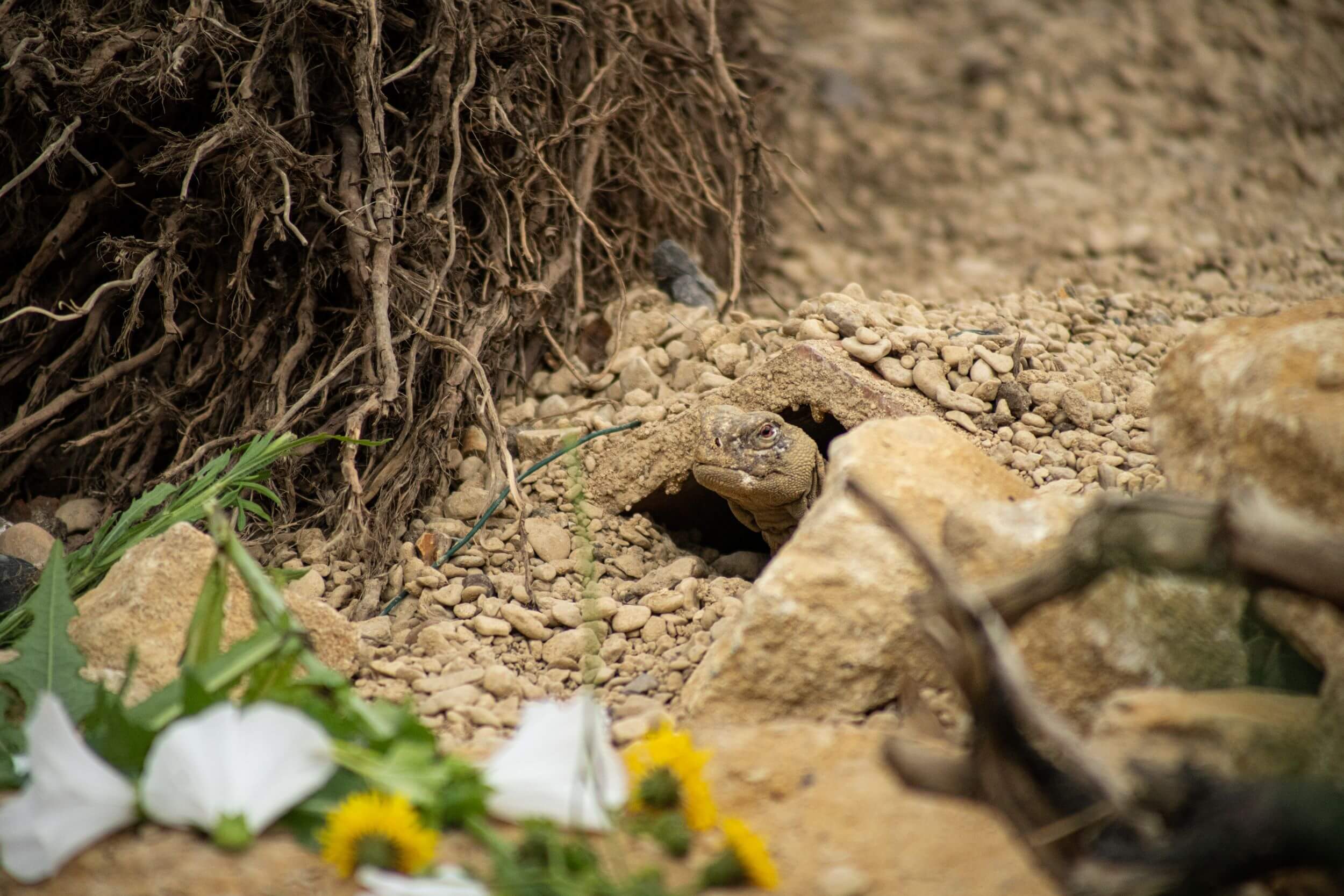
This National Reptile Awareness day, we’re shining the spotlight on what makes reptiles such fascinatingly unique creatures.
Reptiles have roamed the earth longer than any other type of animal, and during that time they’ve learned some pretty clever tricks to help them survive.
At this time of year, lots of animals are getting ready to hibernate over the cold winter months, but did you know that reptiles have a more sophisticated way of getting through cold snaps?
Brumation is the process by which reptiles effectively shot down their bodies to conserve energy and stay alive when the temperature drops.
The reptiles in our Thriving Through Nature exhibit, which opened earlier this year, will also go through this process and our team have been working to ensure they have everything they need.
The building is equipped with advanced lighting and heating technologies that allow us to cater to the requirements of the various species the live there.
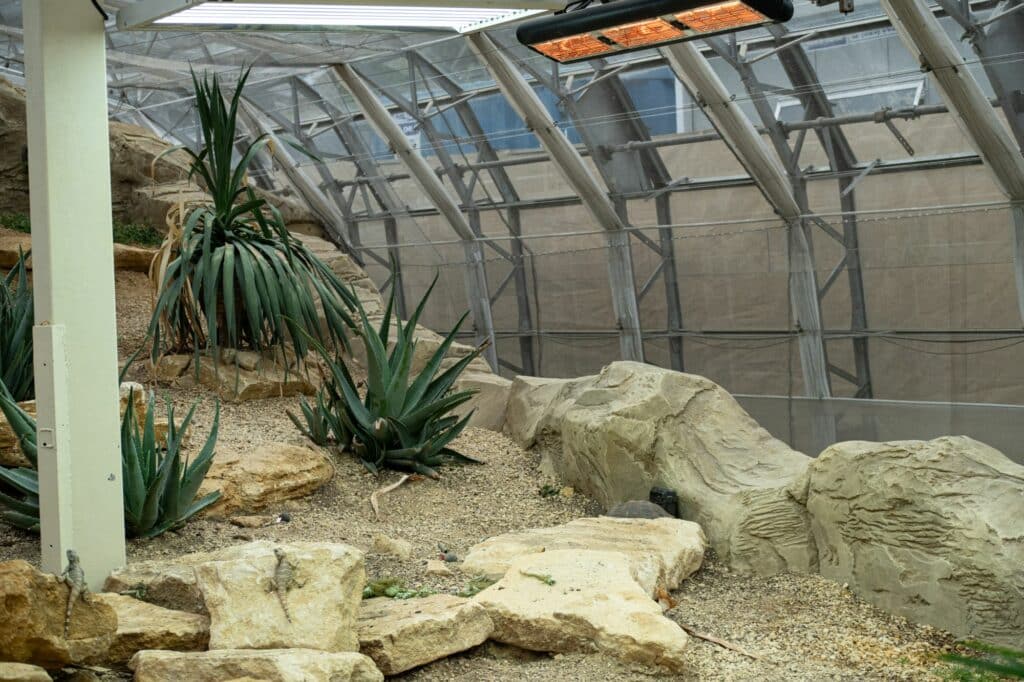
Dan Garrick, Team leader for Lower vertebrates, said: “The Animal Team put a lot of effort into the lighting and heating technologies.
“All the species in Thriving Through Nature actively bask when given opportunity. Thus, it was important that each species could access warmer areas as they desired.
“Some species such as our Egyptian spiny tail lizards will actively seek basking areas of 50ºC and others prefer more gentle heat gradients.
“To achieve this, we have installed arrays of short wavelength infrared heaters in combination with LED and ultraviolet lighting. Offering choice is key so that all of the animals can thrive in the habitat.”
Thriving Through Nature is located in Marwell’s old tropical house, which has been upcycled and completely relandscaped to create a North African/Middle East/Mediterranean inspired habitat.
The plants include a range of sensory species that occur naturally in habitats like this, with Rocky screes and a large water body.
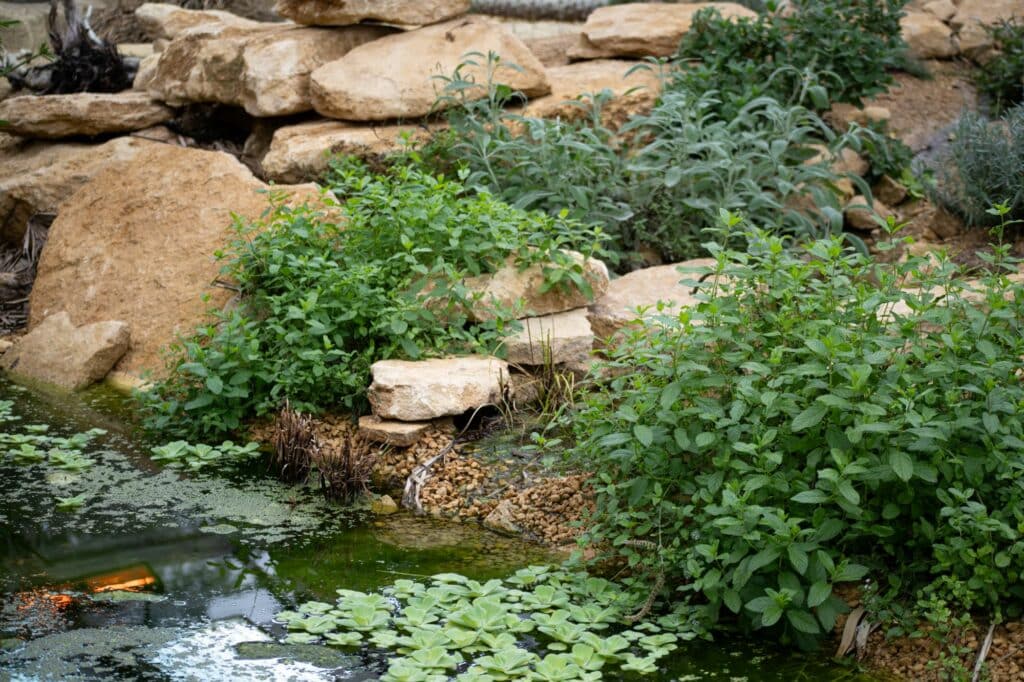
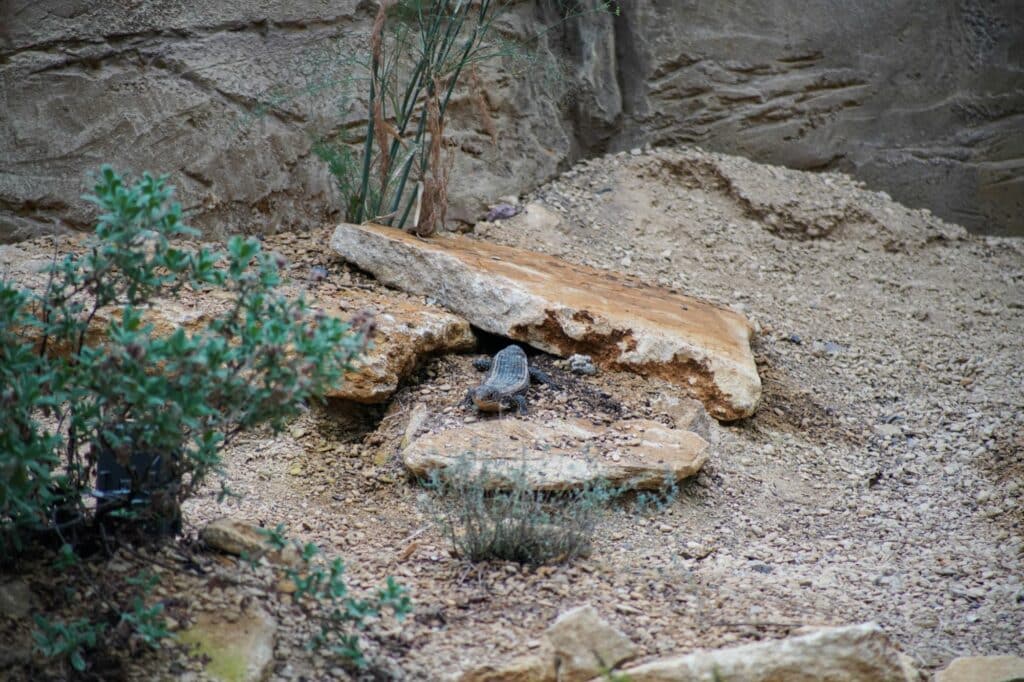
Dan continued: “Our aspiration was to create a multilayered naturalistic habitat where guests could appreciate a diverse range of reptiles, amphibians, fish, invertebrates and mammals.
“The species selection was based around animals that live in seasonally changing environments. We have repurposed an old glasshouse and knew from previous experience that this building gets very hot in summer, but also gets cool in winter.”
It is during these colder months that the reptiles in this building will start to seek out warm, safe hiding places whilst reducing their food intake.
Whilst this process is similar to hibernation, it’s also different in a very important way that makes reptiles the kings and queens of FOMO (Fear of missing out).
If the sun does decide to shine in the middle of December and the temperature increases enough to jump start their bodies, reptiles can go in and out of brumation multiple times throughout the colder months.
This helps ensure they don’t miss out on Indian summers, warm winter days or New Year sunshine on days when there is enough heat to warm their bodies and stock up on food.
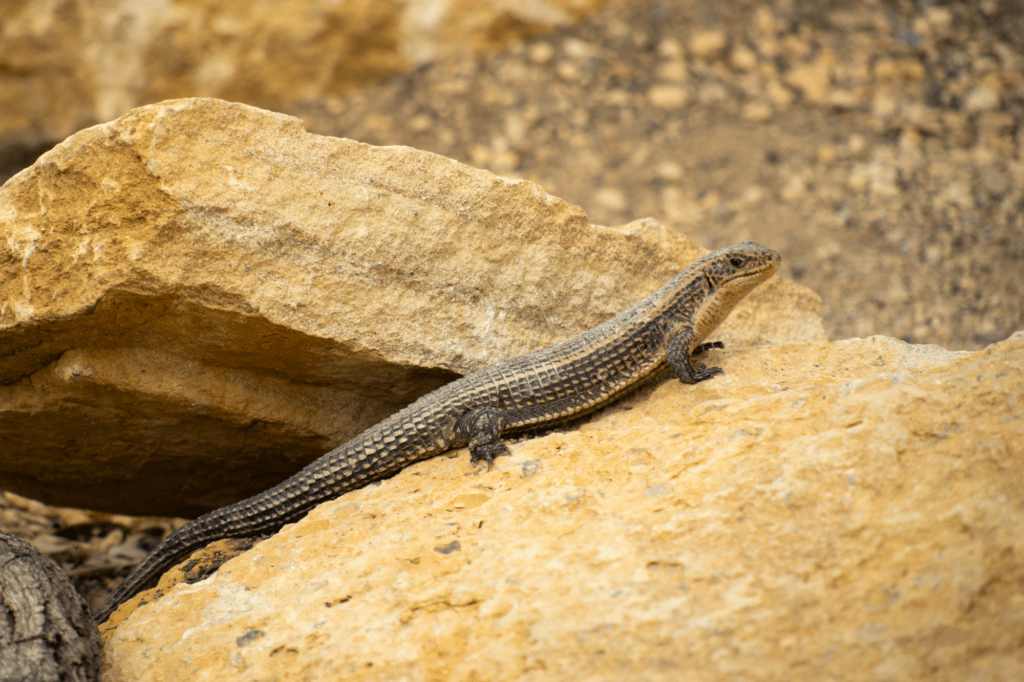
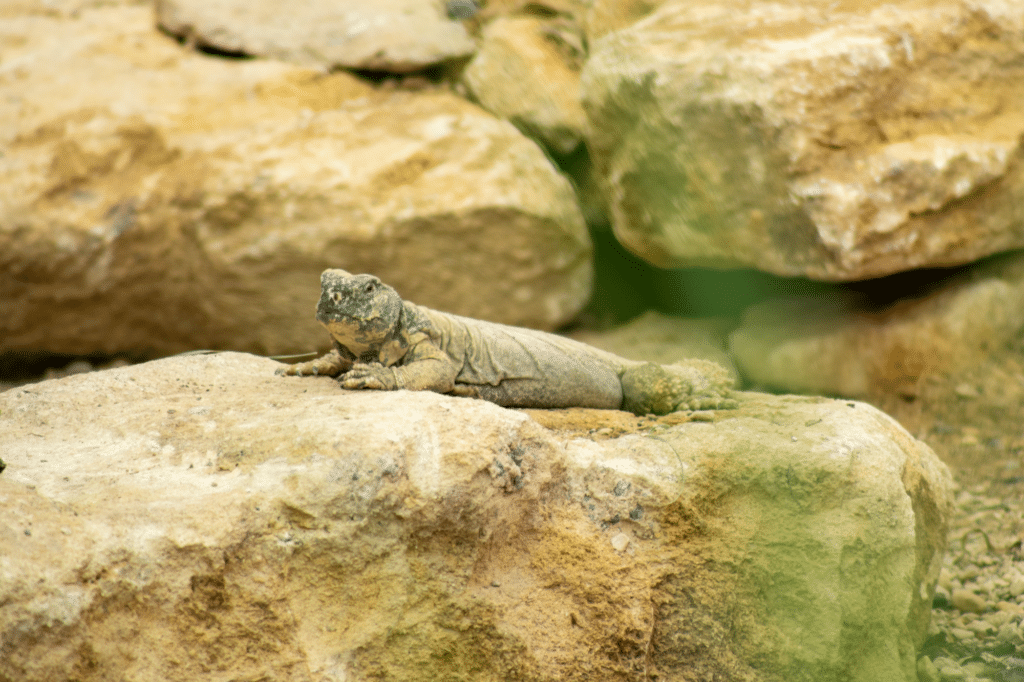
Dan said: “The house has been landscaped to allow animals to exhibit natural behaviours such as basking, digging, burrowing, resting, hiding, climbing, swimming and foraging.
“Much thought went into planting and how we could use live plants to not only improve the animal’s environment but to also give opportunities for animals to eat them.
“As the project is in its first year there are aspects of the animals foraging, and the impacts of it, that we are going to learn as we go along.
“We are seeing this already with video footage of our rock hyrax and lizards eating foliage from some plants but ignoring others.
“The complex planted landscape allows the animals to actively forage at different times of day.
“Thriving Through Nature has pushed the welfare boundaries on how we exhibit different taxa.
“We expect in time to see many more interesting behaviours, in addition to what we have seen already, which will increase our knowledge and help us improve our welfare standards even further.”